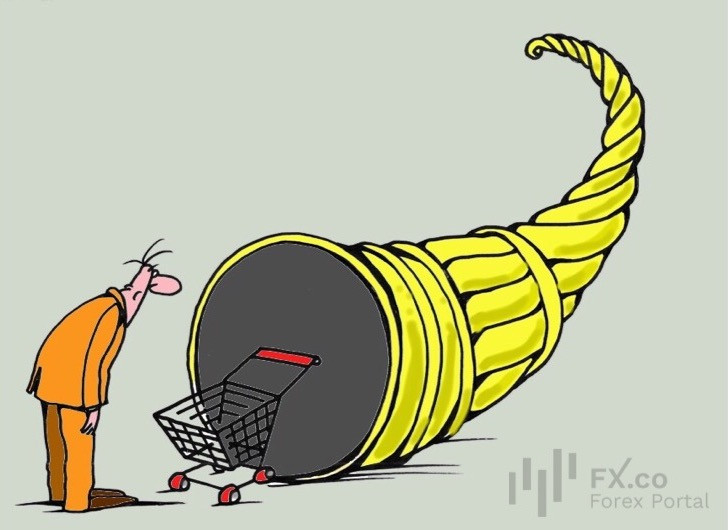
The US retail sector is in a curious position. At first glance, it appears among the hardest hit by President Donald Trump's aggressive tariff measures. However, analysts at Telsey Group caution against a pessimistic outlook. Thanks to years of supplier diversification, many retailers are partly shielded from the brunt of new tariffs.
President Trump previously imposed sweeping retaliatory tariffs on a range of countries, arguing that the measures were necessary to correct long-standing trade imbalances and boost US revenues. The White House later delayed the implementation of certain tariffs by 90 days, following turmoil in equity markets.
Washington also temporarily suspended higher tariffs on a number of electronic goods, including computers and smartphones. Trump even hinted at the possibility of exemptions for some auto tariffs. These measures have slightly eased market jitters and calmed investor fears of a trade-driven hit to the sector. Still, anxiety over escalating tensions with China remains high. Notably, Trump recently raised tariffs on the world's second-largest economy to a staggering 145%. Beijing was quick to retaliate, slapping its own 125% tariff on imports from the United States.
According to analysts at Telsey Group, US retailers selling durable goods are now facing varying degrees of tariff-related headwinds, depending on their product categories and sourcing strategies. Sellers of sporting goods, bicycles, and outdoor equipment are particularly exposed due to their heavy reliance on Chinese suppliers and were among the first to feel the sting of higher duties. Footwear producers, including Adidas AG, Nike, and Under Armour, are expected to be less affected. Discount retailers, particularly Walmart and Dollar Tree, also have significant supply chain exposure to China, Telsey notes.
The housewares sector is under pressure, but years of diversifying sourcing beyond China could help mitigate the impact. Analysts estimate that several retail segments appear relatively insulated from the US-China trade dispute. These include food and beverage, specialty apparel, and beauty and luxury.
President Trump's recent tariff pause on many tech products offers a welcome reprieve for select retailers, including e-commerce giant Amazon and electronics chain Best Buy, Telsey Group sums up.
 Français
Français 
 Русский
Русский English
English Bahasa Indonesia
Bahasa Indonesia Bahasa Malay
Bahasa Malay ไทย
ไทย Español
Español Deutsch
Deutsch Български
Български Tiếng Việt
Tiếng Việt 中文
中文 বাংলা
বাংলা हिन्दी
हिन्दी Čeština
Čeština Українська
Українська Română
Română

Commentaires: